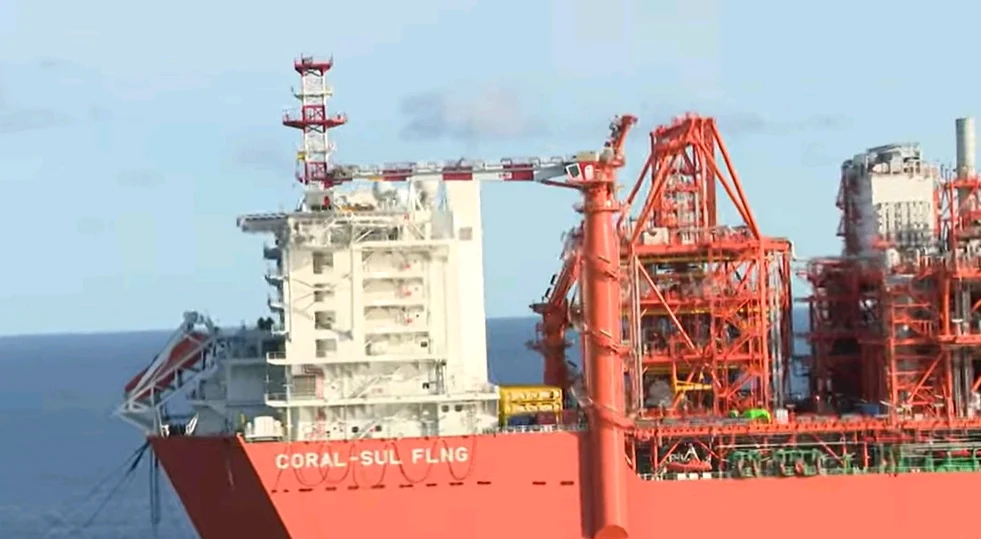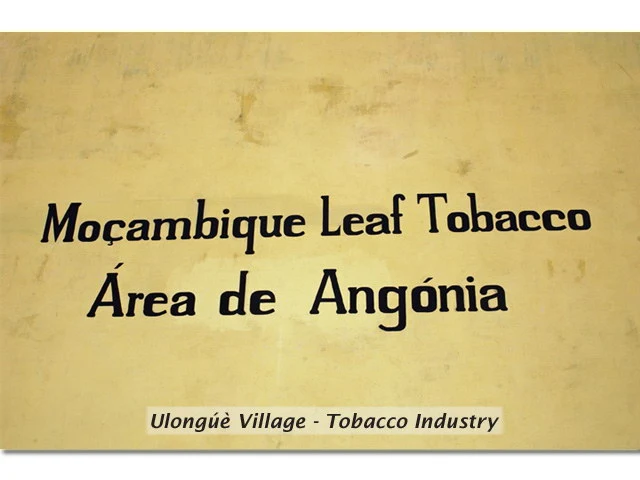Park Warden for Maputo National Park nominated for Tusk Conservation Awards 2022
Beira: Reconstruction after cyclone Idai
Mozambique: Defence, security meeting in Maputo with Tanzania kicks off
Mozambique: Frelimo Congress re-elects Nyusi as party president
Photo: Frelimo Moçambique / Facebook
Mozambican ruling party Frelimo on Sunday re-elected Filipe Nyusi, for another five-year term as party president, during the 12° Congress currently under way in the town of Matola, southern province of Maputo.
Nyusi, who is also Mozambican Head of State, was the sole candidate for his own succession, having won 100 percent of the votes.
Nyusi’s re-election was a predictable outcome since he had the unconditional support of Frelimo’s social organizations namely the Mozambique Youth Organisation (OJM), the Mozambican Women’s Organisation and the Mozambique’s Association of Veterans of the National Liberation Struggle (ACLLN). Nyusi also had the support of the Central Committee and the Political Commission.
In all, Filipe Nyusi won 1134 votes from an equal number of delegates who voted for his re-election.
This Monday the Congress is expected to choose the new Political Commission and Secretary General.
Soon after his re-election, Nyusi was sworn into office by the honorary President of Frelimo, Joaquim Chissano, and pledged to faithfully serve both Frelimo and the country, ensure internal cohesion, as well as to fulfill all the missions which will be assigned to him.
‘Thank you very much comrades for your genuine support. I promise work, work and work,’ Nyusi said.
Chissano, for his part, said the re-election is a clear expression of will of party members. He reminded the incumbent president that the country is facing a number of challenges, hence the need for greater inclusiveness and national unity. Also, urged to work on the preservation of peace as an indispensable requirement for national unity.
‘Your mission is to ensure reconciliation at all levels. We also want reconciliation with other parties, because we want them to work on people’s development and unity”, he added.
Chissano recalled that several times as president, he was forced to swallow frogs for the sake of peace and national unity. He, therefore, urged Nyusi to have courage and exercise patience, as well as greater maturity to best represent the country at the United Nations Security Council, as non-permanent member to which Mozambique was elected this year.
Nyusi is the 5th Frelimo President in 60 years. The first was Eduardo Mondlane, who is also known as the architect of national unity. After his death in 1969, he was replaced by Samora Machel, who died in 1986. He was then replaced by Chissano an Armando Guebuza
Source: AIM
XII Frelimo Congress. The members of the new Central Committee are already known
Mozambique: Maputo hosts Mphanda Nkuwa Project Bidders’ Conference
Mozambique: Conditions for IMF support – A Verdade
Mozambique: Government to extend VAT to private education and health services – Carta
Standard Bank Mozambique expects a slight reduction in inflation
Mozambique: Prime Minister to attend United Nations General Assembly in New York
Prime Minister of Mozambique.
Frelimo SG confirms that Filipe Nyusi will run for 3rd term as party chief – A Verdade

Asked by @Verdade at a press conference within the scope of preparations for the 12th Frelimo Congress who the candidates were, Roque Silva made it clear: “Regarding the candidate for president of the party, I can safely say that the candidate is Filipe Jacinto Nyusi, president of Frelimo and beloved member of the 60-year-old party.”
Elected for the first time in 2015, a year after being elected President of Mozambique and after Armando Guebuza’s resignation, Nyusi is expected to be re-elected unanimously.
Roque Silva clarified that the nomination of the Frelimo party candidate for the 2024 General Elections “is not on the Congress agenda”.
Regarding the Magna meeting of the ‘comrades’ that starts next Friday (23), and is the finale of the process started in the party cells on June 23, the Frelimo Party SG pointed out that “for the first time, it covered a level that did not previously exist in the party structure – that of the locality, with the creation of locality committees and their leaders”.
Silva said that the agenda of the meeting “has to do with the approval of instruments that will guide the party in the next five years, namely the revision of the party’s statutes, in order to adapt them to some current dynamics, we will analyse and approve in Congress.
The party’s program for the next five years, we will debate and approve at the party level a new component that in previous statutes was not very practical, which is the introduction of some innovations that will allow us to value those who represent Frelimo’s historical heritage for having been the labourers in the construction of our party”.
“The election of a new Central Committee, which will then have the responsibility to elect the Secretary General, will have the responsibility to elect the new secretariat of the Central Committee, will have the responsibility to elect the new Verification Committee” are other items on the agenda of the Congress enumerated by the Frelimo SG.
Silva also revealed that the Congress would bring together “about 2,000 participants, of whom about 1,500 will be delegates and 500 guests. Of these guests, we want to highlight those coming from 24 political parties and friendly organizations around the world”.
By Adérito Caldeira.
From A Verdade
Mozambique: Police must reinvent itself to fight terrorism – President Nyusi
Mozambique: Businesses call for wider tax breaks
Mozambique: Portugal’s PM announces 40% increase in cooperation prog.
Mozambique: Construction of petrol stations is prohibited in all provincial capitals and on the Maputo Ring Road
Mozambique: Report of delays to Coral South LNG project – AIM
Mozambique Food Security Outlook Update, August 2022
STRONG RAINS WREAK HAVOC IN THE CENTRE OF MOZAMBIQUE
THESE PHOTOS SHOWS THE DESTRUCTION THAT THE STRONG RAINS HAVE DONE IN THE CENTER OF THE COUNTRY.A train belonging to the coal mining company, Vale Mozambique has been derailed,28 km from TETE...along the Moatize-Beira railwayline.




























